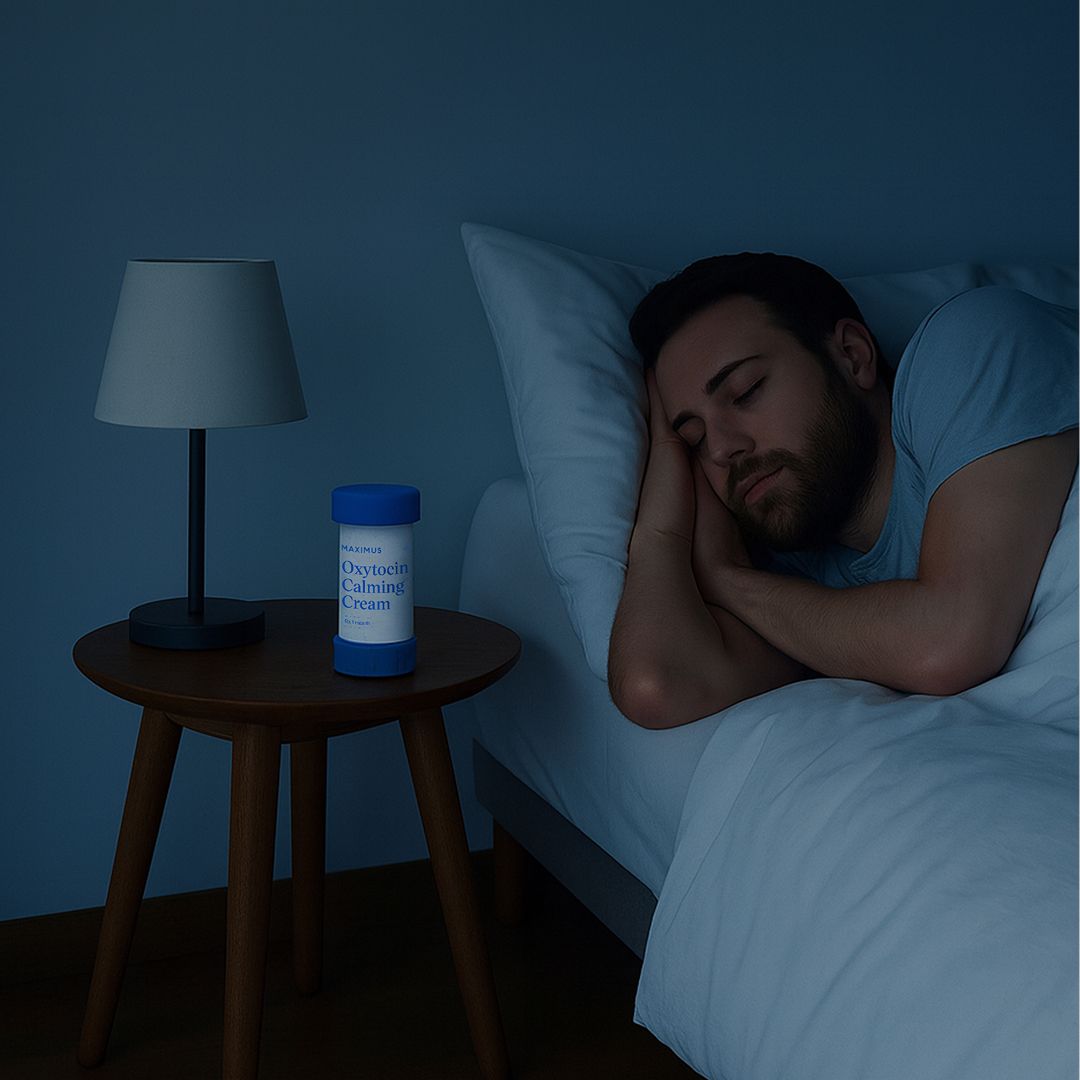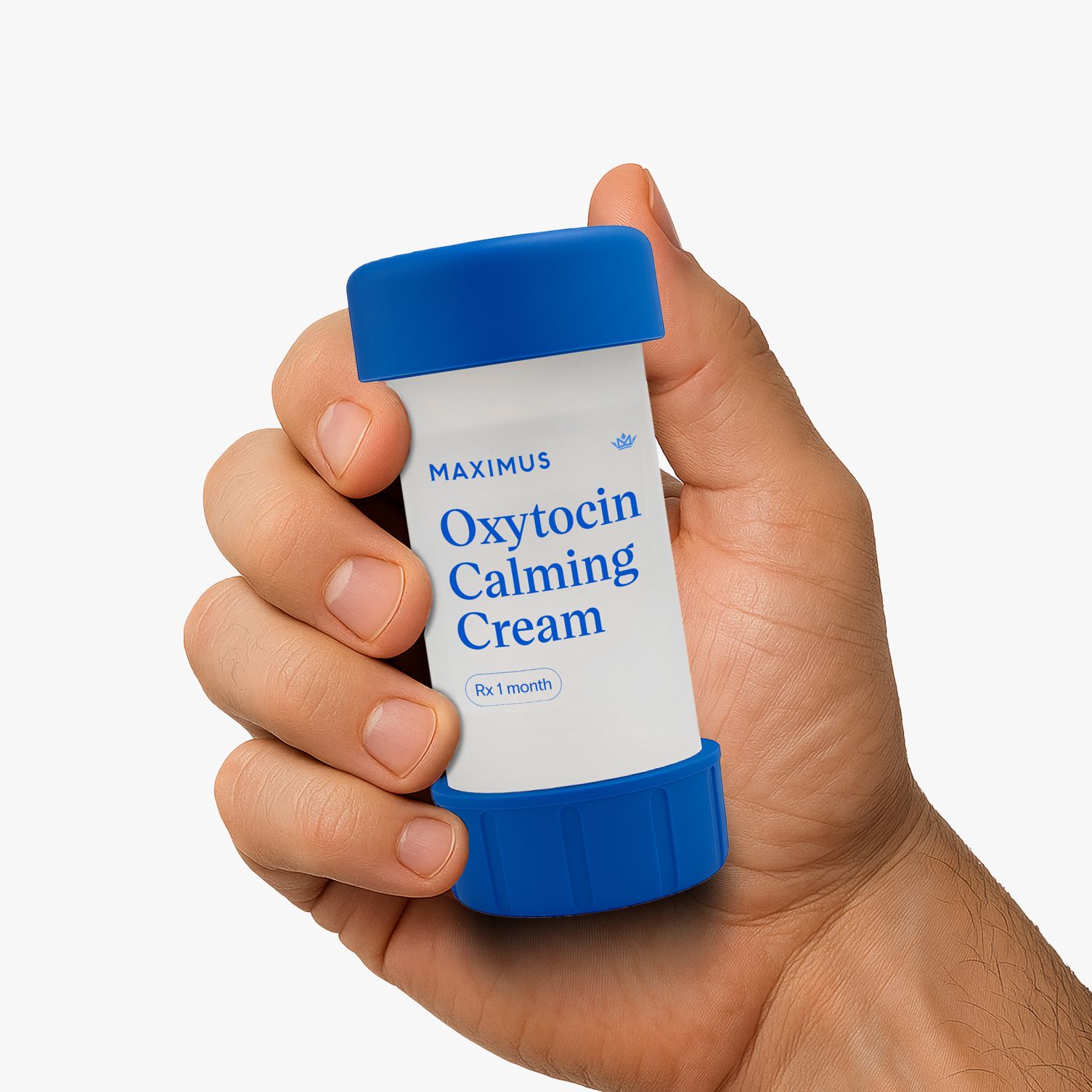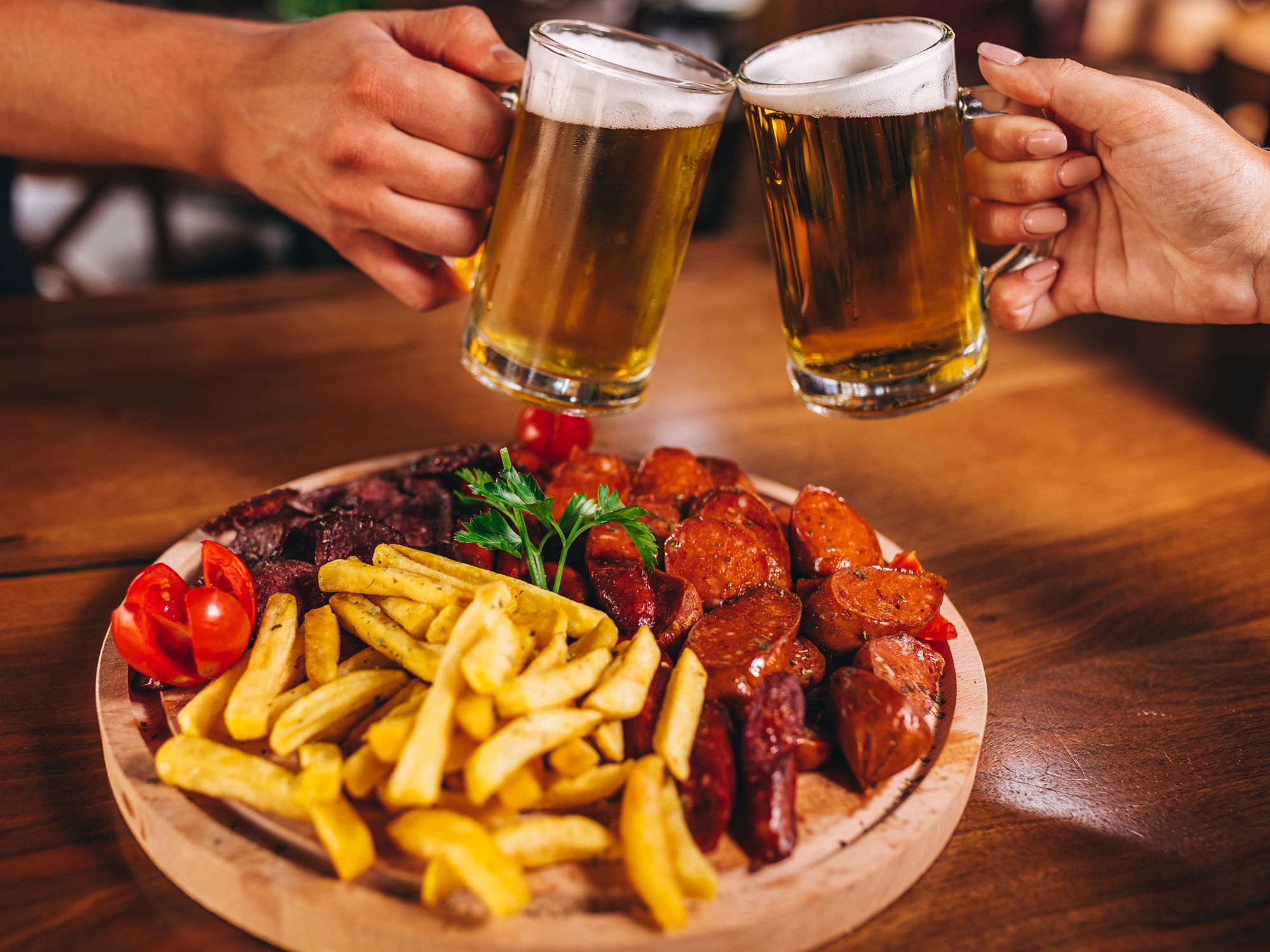Key Takeaways
- Certain foods and dietary patterns can negatively impact testosterone levels, including alcohol, trans fats, and sugary drinks.
- A balanced testosterone diet prioritizes nutrient-rich whole foods to optimize hormone health.
- By understanding and minimizing foods associated with lower testosterone, you can take proactive steps to naturally boost your hormone levels.
For men who are looking to maximize their performance — whether in the gym, at work, or in daily life — understanding how diet influences testosterone can offer a meaningful edge.
Some foods help support testosterone levels, whereas other foods can have a negative impact on testosterone. It’s important to know the good from the bad.
By making informed choices and avoiding certain foods, you can take proactive steps to support your testosterone levels.
Keep reading to discover which foods may be holding you back and how to make smarter dietary decisions for your health and well-being.
How does diet impact testosterone?
While it’s true that food alone won’t completely transform your testosterone levels, there are specific dietary patterns and foods associated with lower testosterone that you should be aware of.
Maintaining a healthy, balanced diet is a key part of optimizing hormone health and performance.
Let’s dive into what to watch out for and how you can boost testosterone naturally while following the best diet for testosterone.
What foods decrease testosterone?
1. Alcohol
We’ve all heard it said — the poison is in the dose, and alcohol is no exception when it comes to creating the best testosterone diet.
Results from one study found that low-to-moderate alcohol intake may actually temporarily spike testosterone levels, but excessive drinking takes a toll by reducing testosterone, in part due to promoting inflammation and increasing stress hormone activity.
More research is needed on the link between alcohol consumption and testosterone levels, but for now, know that moderation is ideal if consuming alcohol.
2. Refined carbohydrates
A study published in the journal Nutrients identified an association between eating refined carbohydrates like desserts, bread, and pastries and lower testosterone levels.
Similarly, results from a 2023 study found that eliminating refined carbohydrates can boost testosterone levels and increase sperm quality.
Men with low testosterone may be particularly affected by refined carbohydrates. One study found that among men with low testosterone, testosterone levels drop after consuming sugar orally.
However, the same study demonstrated that men taking testosterone supplements did not experience that same drop in T levels after consuming sugar.
3. Processed meats
Processed meats, which are often high in trans fat and saturated fat, have been associated with low testosterone levels in a number of studies.
These foods have been linked to metabolic issues that can have a negative impact on testosterone levels.
Additionally, they often lack essential micronutrients needed for hormone synthesis and may contain additives that negatively impact testosterone. Instead, prioritize lean, unprocessed meats as part of a balanced testosterone diet.
4. Dairy products
Dairy products can be a mixed bag when it comes to diet and testosterone, and more research is needed.
While they provide beneficial nutrients, some contain monounsaturated fats, which have been linked to lower levels of free and total testosterone. Moderation is key if dairy is a part of your testosterone diet.
5. Sugary drinks
From sodas and fruit drinks to sweetened coffee and energy drinks, sugary beverages are popular but problematic.
Consuming more than 442 calories from these drinks daily has been associated with lower testosterone levels. That’s the equivalent of about two energy drinks or three cups of sweetened coffee.
If you’re serious about diet and testosterone, consider swapping sweetened beverages for water, black coffee, or other low-sugar alternatives.
6. Prepackaged foods
Prepackaged foods are often wrapped in materials containing bisphenols and phthalates, compounds shown to interfere with testosterone production.
For those seeking to optimize their testosterone diet, focusing on fresh, whole foods that aren’t wrapped in plastic is a smart choice.
7. Trans fats
Fast foods and packaged snacks are often high in trans fats, which can lower testosterone and reduce sperm counts.
Research has shown that trans fat intake is associated with lower free and total testosterone levels and decreased testicular volume.
Avoiding trans fats is essential for anyone aiming to optimize their diet and testosterone levels.
Optimize your diet for testosterone
By focusing on a nutrient-rich, balanced diet, you can naturally boost testosterone and support overall hormone health.
Avoiding foods that decrease testosterone, such as sugary drinks, trans fats, and processed meats, is a key step. Prioritizing whole, fresh foods, healthy fats, and lean proteins can make a significant difference.
While a balanced, nutrient-rich diet plays a key role in supporting optimal testosterone levels, diet alone may not always be sufficient for achieving your highest potential.
At Maximus, we’re here to partner with you on your journey. Explore our Oral TRT+ Enclomiphene Protocol, designed to maximize the benefits of your diet and optimize your testosterone levels.
Disclaimer: The contents of this article, including, but not limited to, text, graphics, images, and other information, is for information purposes only and does not constitute medical advice. The information contained herein is not a substitute for and should never be relied upon for professional medical advice. The content is not meant to be complete or exhaustive or to be applicable to any specific individual's medical condition. You should consult a licensed healthcare professional before starting any health protocol and seek the advice of your physician or other medical professional if you have questions or concerns about a medical condition. Always talk to your doctor about the risks and benefits of any treatment. Never disregard or delay seeking professional medical advice or treatment because of something you have read on this site. Maximus does not recommend, endorse, or make any representation about the efficacy, appropriateness, or suitability of any specific test, products, procedures, treatments, services, opinions, healthcare providers or other information contained herein. Maximus is not responsible for, nor will they bear any liability for, the content provided herein or any actions or outcomes resulting from or related to its use.





